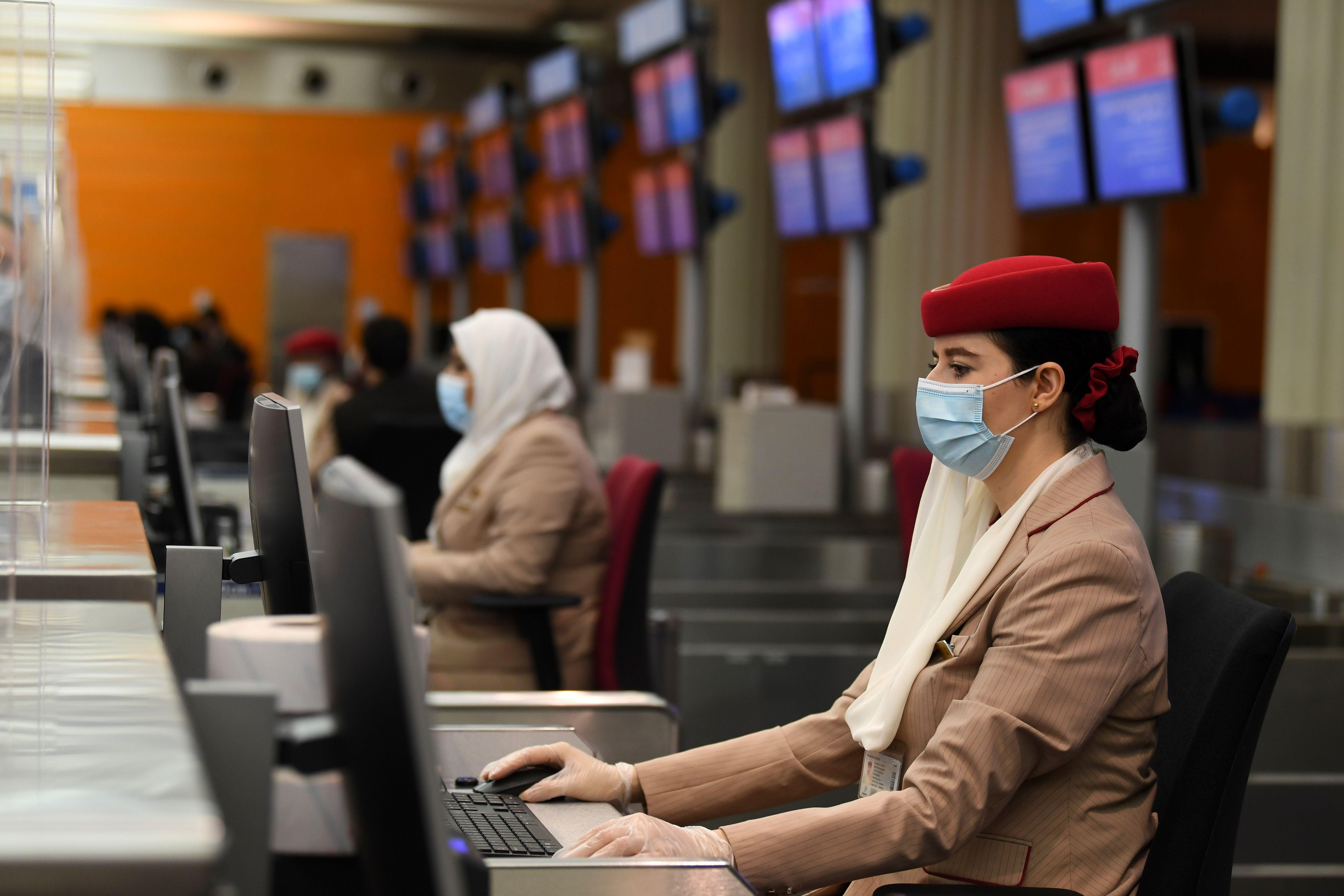
The buzz phrases are back at the Dubai Airshow; as travel restrictions lift and load factors start to look healthier, airlines and their IT suppliers are returning to talk about the “passenger experience”, “seamless travel” and the “digital journey.”
There was much talk about digitalization in general at the IATA Digital, Data and Retailing Symposium in Madrid in October, and more specifically, on the impact that the New Distribution Capability (NDC) can have on airlines’ ability to customize offerings and up-sell ancillary products.
Digitalization, long aspired to, has also been prioritized by many airlines over the past 18 months even as they have faced dramatic revenue drops and painful cost-cutting.
The coronavirus, airlines quickly grasped, changed many people’s perception of what is a good “passenger experience,” placing higher value on a self-serve, contactless environment that biometrics and data can facilitate.
It’s ironic, therefore, that the pandemic is also the biggest obstacle to airlines’ pursuit of a smooth and contactless journey. Where governments are lifting travel restrictions and re-opening borders, they are doing so with a host of complicated requirements that almost always require in-person testing and paper documents that must be checked manually, often multiple times within the same journey.
Despite efforts to get ahead of this test-and-document travel surge—the European Union and IATA are among those that have introduced digital travel health certification systems—uptake by governments has been slow to non-existent.
Repeated calls by the industry to simplify the health validation process, standardize it and make it digital, are mostly being ignored. At the Arab Air Carriers’ Association (AACO) AGM in Doha, held says before the Dubai Airshow, IATA director general and CEO Willie Walsh acknowledged it was “frustrating” but said “you only get change by continuing to push for it.”
The AACO member airlines passed a resolution calling on governments to clarify and simplify air travel health requirements. Arab countries have an array of rules that can require health forms, multiple PCR tests with more paper documentation and opaque quarantine rules that mean a test taken in one country may not be sufficient to enter a neighboring country less than 24 hours later.
AACO secretary general Abdul Wahab Teffaha said what the region’s airlines want is a mutually accepted world certification standard, similar to the “yellow certification” that was introduced to show inoculation against yellow fever.
“We want to achieve mutual vaccination and testing regime acceptance so you are not subject to one PCR test after another, which can mean seven tests in a week for a frequent flyer and which is not necessary,” he said.
Governments have not learned from the scientific advances, he argued. They instead looked backwards 100 years, to the 1918 pandemic, and simply shut down their borders and economies.
AACO’s latest forecast for airlines in the region estimates that their recovery to 2019 traffic levels could take between three and five years, depending on how the world-and governments-- adapt to the “new normal”.
Teffaha expressed confidence that airlines will come out of the pandemic more efficient as they use the 21st century digital tools available to them.
“We will come out of this pandemic a better industry,” he said. But he also asked the question, “will governments be more efficient?”
